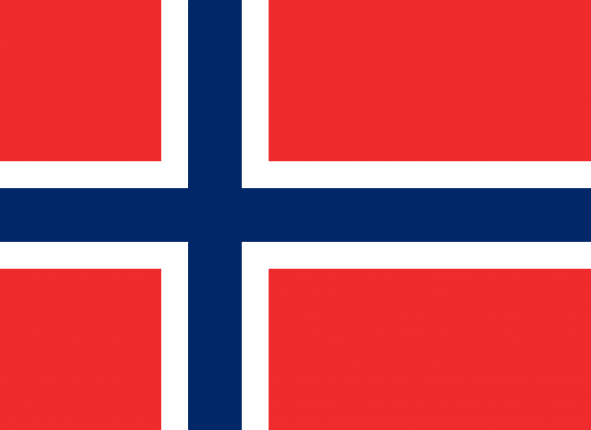We work with the Serbian Government to prepare legislation on information security in line with EU standards. This is probably our most important contribution. We want to be a partner in E-governance
 Norway has made significant advances in terms of digitalisation in E-governance and E-commerce, and almost every sector and sub-sector of the Norwegian economy is digitalised.
Norway has made significant advances in terms of digitalisation in E-governance and E-commerce, and almost every sector and sub-sector of the Norwegian economy is digitalised.
Norway is currently supporting Serbia in preparing important steps in the digital transformation process, in line with EU standards. We spoke with H.E. Arne Sannes Bjørnstad, Ambassador of Norway to Serbia, about these and other related topics, including the potential for our two countries to cooperate in the ICT sector.
Do you expect the digital transformation process to connect us or deepen the gap between the economies of the Nordic countries and the Western Balkans?
Serbia is closing the gap and will connect us. While being impressed by the strong political will to digitalise Serbia, it does, however, worry me that not enough attention seems to be paid to information security. Digitisation brings vulnerabilities as well as opportunities.
What know-how and experience can Norway share with Serbia when it comes to improving public and commercial E-services?
We work with the Serbian government to prepare legislation on information security in line with EU standards. This is probably our most important contribution. We want to be a partner in E-governance. On E-commerce, the market will decide.
While being impressed by the strong political will to digitalise Serbia, it does however worry me that not enough attention seems to be paid to information security. Digitisation brings vulnerabilities as well as opportunities
To what extent is today’s share of the knowledge economy a driver of the Norwegian economy? Do you see the potential for cooperation between our IT sectors?
Practically every sector and subsector of the Norwegian economy is digitalised, although to what extent differs.
There is great potential for trade and cooperation. Serbia has many very good engineers and ICT companies.
Security issues linked to cybersecurity and restrictions on the use of certain technologies outside NATO countries and close security partners do, however, represent an obstacle, but there is still great potential for cooperation that is yet to be exploited.
Investments in Serbia also depend on the investment climate.
It has improved, but there are still issues that should be addressed, like the rule of law and predictability, public procurement and subsidies that distort competition, as well hidden taxes, like the expensive and mandatory membership in the Chamber of Commerce & Industry of Serbia, which turn investments away.